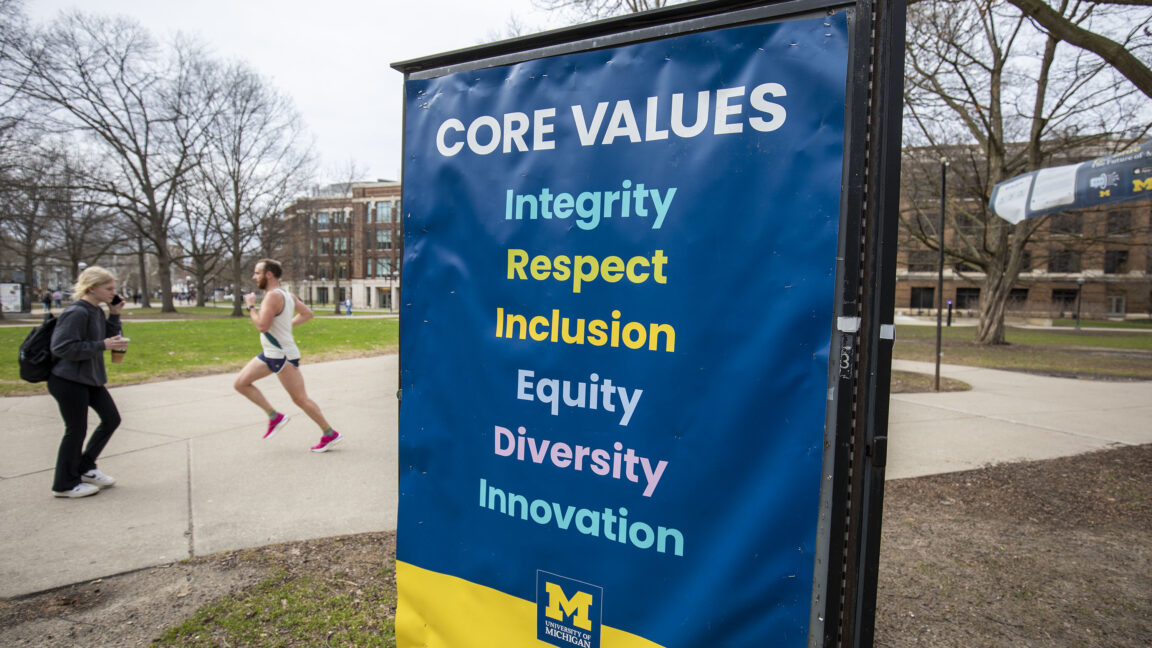“I think this is a time that calls for some courage,” said Bagenstos. If every university decides the risks are too great, then the current policies will prevail without challenge, he said, even though some are legally unsound. And the bar for False Claims Act liability is actually quite high, he pointed out: There’s a requirement that the person knowingly made a false statement or deliberately ignored facts. Universities are actually well-positioned to prevail in court, said Bagenstos and other legal experts. The issue is that they don’t want to engage in drawn-out and potentially costly litigation.
One possibility might be for a trade group, such as the Association of American Universities, to mount the legal challenge, said Richard Epstein, a libertarian legal scholar. In his view, the new NIH terms are unconstitutional because such conditions on spending, which he characterized as “unrelated to scientific endeavors,” need to be authorized by Congress.
The NIH did not respond to repeated requests for comment.
Some people expressed surprise at the insertion of the False Claims Act language.
Michael Yassa, a professor of neurobiology and behavior at the University of California, Irvine, said that he wasn’t aware of the new terms until Undark contacted him. The NIH-supported researcher and study-section chair started reading from a recent Notice of Award during the interview. “I can’t give you a straight answer on this one,” he said, and after further consideration, added, “Let me run this by a legal team.”
Andrew Miltenberg, an attorney in New York City who’s nationally known for his work on Title IX litigation, was more pointed. “I don’t actually understand why it’s in there,” he said, referring to the new grant language. “I don’t think it belongs in there. I don’t think it’s legal, and I think it’s going to take some lawsuits to have courts interpret the fact that there’s no real place for it.
This article was originally published on Undark. Read the original article.

